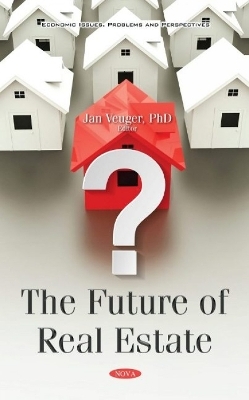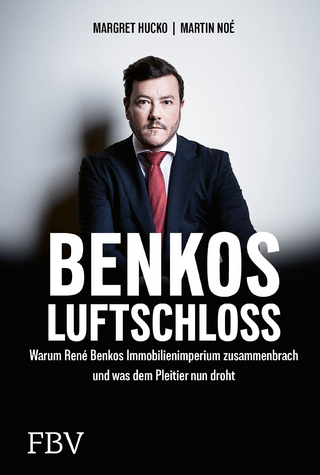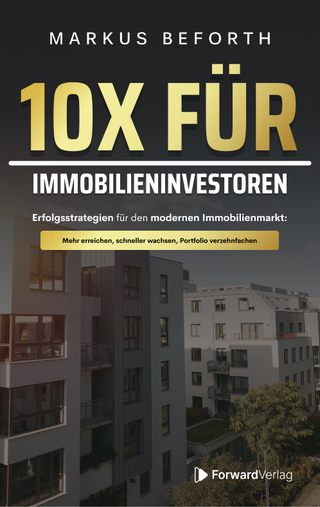No one can really predict how the real estate market will develop. However, we can look at patterns, how they might develop and thus give a direction to the future of real estate. This book wants to contribute to that. COVID-19 has had a considerable influence on society and real estate, particularly in the recent period. We are surprised by a development that we had not seen coming and that has seriously impacted our lives. The various manifestations of lockdowns around the world have been gradually phased out and reset in 2020. This has a structural impact on living, working and shopping and therefore has a direct impact on the use of property. Since COVID-19 will be present in many respects for the foreseeable future, the pandemic will have a significant impact on real estate and urban developments. Perhaps when we look back on this period, this pandemic will prove to have been the starting point for drastic property changes. Many were surprised by the empty shelves in supermarkets during the first days of the pandemic. The supply chains were running at full speed, but a large part of the retail sector came to a standstill or switched to online. Multi-channel has now really proven itself and COVID-19 has abruptly increased the demands on last mile logistics spaces. Much more will change in the area of supply chains. Moreover, in light of increasing trade tensions, there is a trend of onshoring and it is clear that logistics and warehousing will become increasingly important. Public space is also in the spotlight. The importance of parks and greenery was great during the lockdown. Guaranteed distance on streets and squares will remain the focus of attention in the coming period. Space is scarce. We need terraces in order to realize some turnover. And the fact that the car is currently considered a safe means of transportwhat does that mean in terms of traffic pressure? A number of real estate experts in the world at various universities have each looked at developments affecting the future from their own perspective and share that knowledge with everyone. Topics covered in this book are: (1) Blockchain and Real Estate in The Netherlands: A Database Exploring 2015-2018 and Extrapolation to the Future, (2) Principle of Substitution in the face of COVID-19 Pandemic: An Application to Tenants Choice in Commercial Real Estate Markets, (3) Selected Aspects of Slovenian Legislation on Lease of Agricultural Land and Forests, (4) Land Value Captures Potential in Norwegian Projects, (5) Environmental Stress and Contemporary Understanding of Human-built Environment Relations: Study Case on Zero-Waste City Ljubljana, (6) Property Development Viability and Community Spirit Rethinking the Safety Angle, (7) Implementation of Land Policy at Local Level, and Impacts of the Functioning of the Real Property Market, (8) Work From Hotels: Is Hybrid the Future and (9) Real Estate as a Service.
Hanze University of Applied Sciences Groningen, Research Centre for Built Environment NoorderRuimte, DA GRONINGEN, Netherlands
Preface; Blockchain and Real Estate in the Netherlands: A Database Exploring 2015-2018 and Extrapolation to the Future; Principle of Substitution in the face of COVID-19 Pandemic: An Application to Tenants Choice in Commercial Real Estate Markets; Selected Aspects of the Slovenian Legislation on Lease of Agricultural Land and Forests; Land Value Captures Potential in Norwegian Projects; Environmental Stress and Contemporary Understanding of Human-Built Environment Relations: Study Case on Zero-Waste City Ljubljana; Property Development Viability and Community Spirit Rethinking the Safety Angle; Implementation of Land Policy at Local Level, and Impacts of The Functioning of The Real Property Market; Work From Hotels: Is Hybrid the Future?; Real Estate as a Service; Index.



